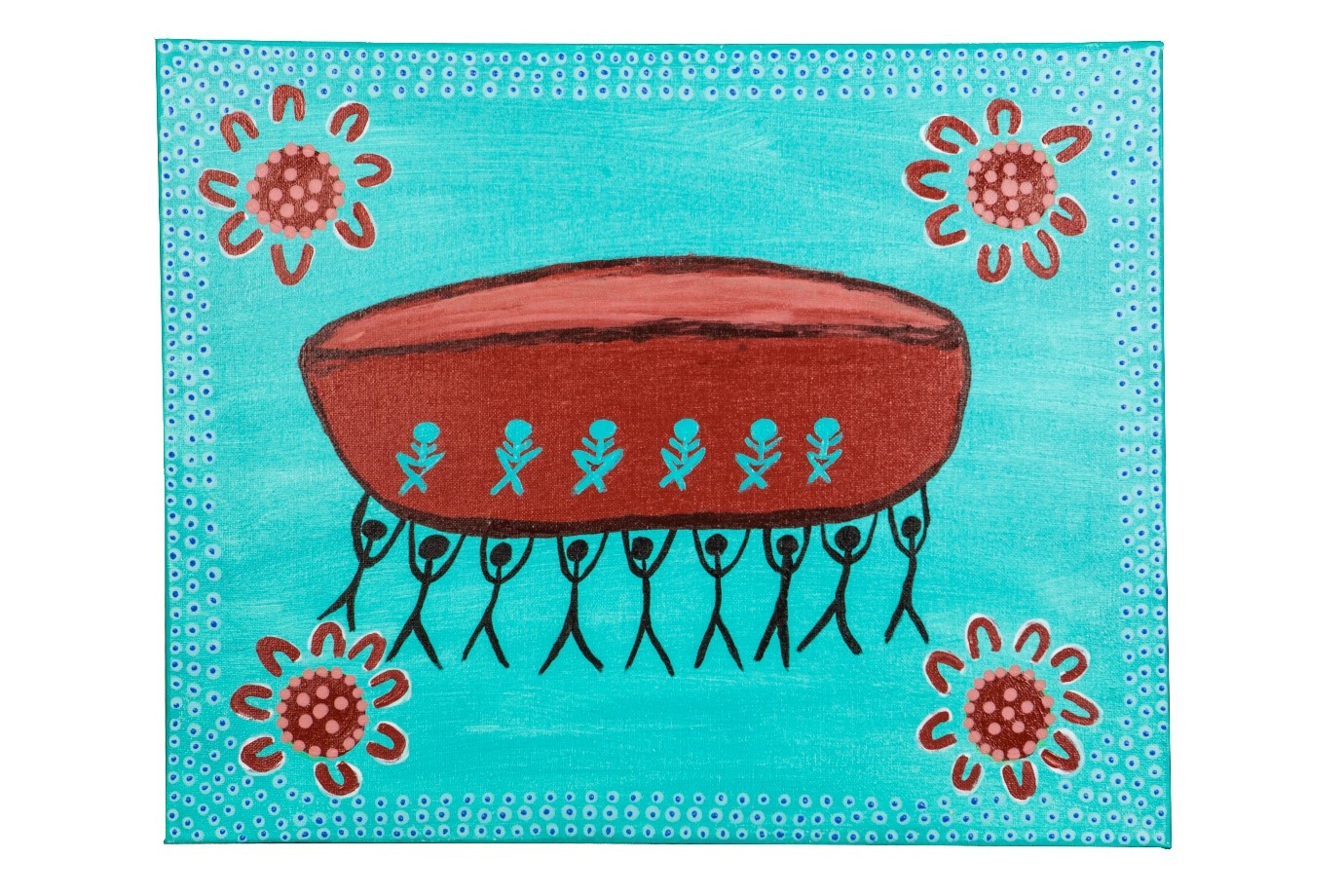Search
Research
Kaat koort: Study protocol for a pragmatic randomized controlled trial of a multifactorial, multidisciplinary Aboriginal Health Practitioner-led Aboriginal dementia prevention interventionLimited available data indicate that dementia prevalence rates among Aboriginal and Torres Strait Islander (hereafter Aboriginal) peoples are 3–5 times higher than the overall Australian population. Effective, pragmatic and scalable interventions are urgently required to address this disproportionate burden of dementia in Aboriginal populations.
Research
Skin health of urban-living Aboriginal children attending a primary care Aboriginal Community Controlled Health Organisation clinicDespite increasing urbanisation, little is known about skin health for urban-living Aboriginal children and young people (CYP, aged <18 years). This study aimed to investigate the primary care burden and clinical characteristics of skin conditions in this cohort.
Research
‘People don't trust those pieces of paper that are provided’: A qualitative study of cultural planning and outsourced out-of-home care services in Western AustraliaAboriginal and Torres Strait Islander children continue to be removed at high rates from their families by child protection services, placing them at elevated risk of adverse long-term life outcomes. Cultural connection in out-of-home care is essential for mitigating the impacts of trauma from removal, emphasizing the importance of ensuring that cultural planning is rigorously undertaken. This article explores the provision of cultural plans in an era where out-of-home care services are outsourced by government, but where government holds onto the responsibility for developing cultural plans for children in care.
Research
The Koolungar (Children) Moorditj (Strong) Healthy Skin Project Part I: Conducting First Nations Research in Pediatric DermatologyIntegrating First Nations knowledge systems and Western research methodologies recognizes the strength, experience, and insight of First Nations peoples in addressing health issues in their communities. In research, this includes projects being led by First Nations Elders and peoples, including First Nations researchers in the team, and collecting data in ways that reflect First Nations ways of knowing, being, and doing.
Research
Approaches that support Indigenous children and families in the transition to school: A systematic reviewThe early years are critical for lifelong wellbeing, with transition to formal school a key period for development. For Indigenous children, this transition provides opportunities to build on cultural strengths and belonging. However, many children face systemic barriers that impact their transition experiences, highlighting a need for culturally safe programs that support Indigenous families during this significant time.

Research
Ngulluk Koolunga Ngulluk Koort (Our Children, Our Heart) ProgramBrings the Aboriginal community(s) of Perth together with service providers & policy makers to improve outcomes for Aboriginal kids and their families.
Research
Early Vocabulary Development of Australian Indigenous Children: Identifying StrengthsThe current study sought to increase our understanding of the factors involved in the early vocabulary development of Australian Indigenous children.
Research
Socioeconomic disparities in the mental health of Indigenous children in Western AustraliaThe burden of mental health problems among Aboriginal and Torres Strait Islander children is a major public health problem in Australia.
Research
Climate change, child health and the role of the paediatric profession in under-resourced settingsClimate change and its health impacts are increasingly recognised by the world's leading medical organisations and journals.
Research
Examining the risk factors for suicidal behaviour of Aboriginal and Torres Strait Islander children...While the majority of Aboriginal and Torres Strait Islander children are travelling on track or exceeding across all developmental domains...
